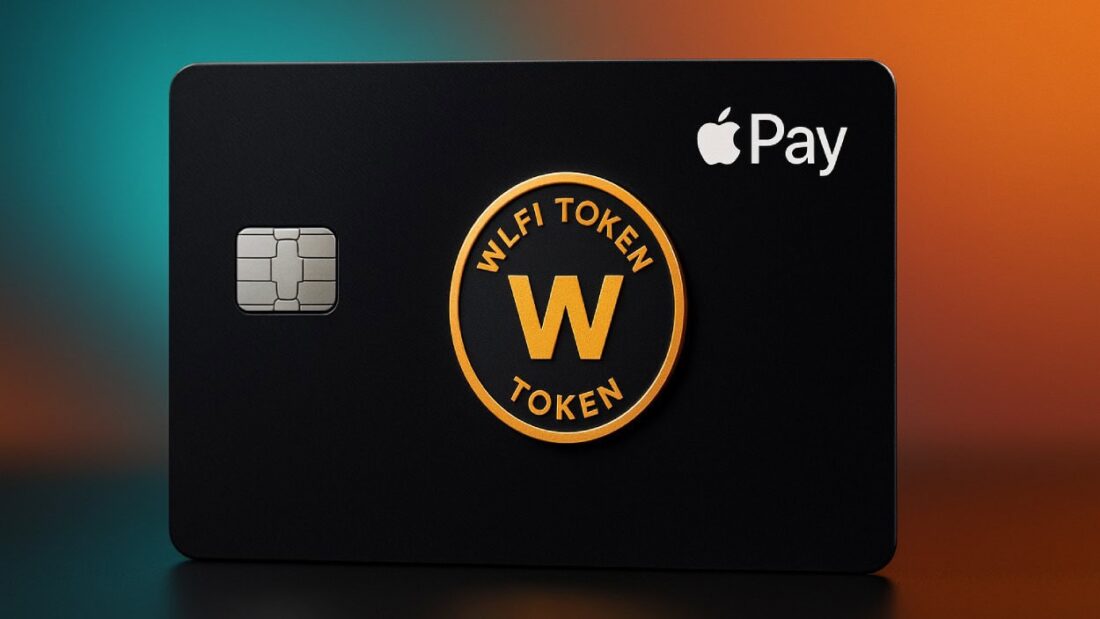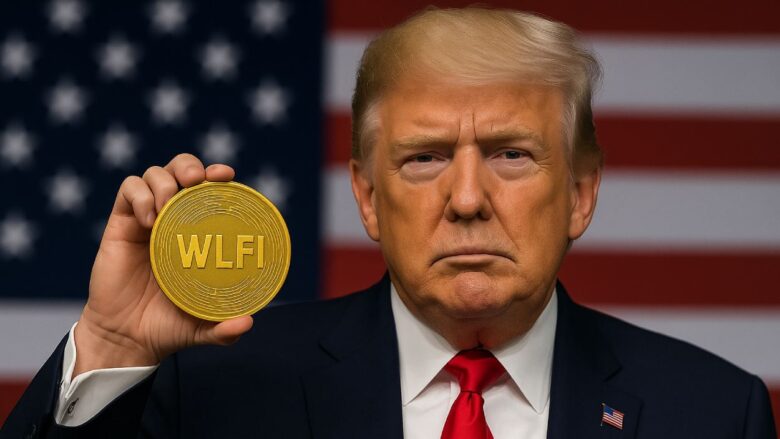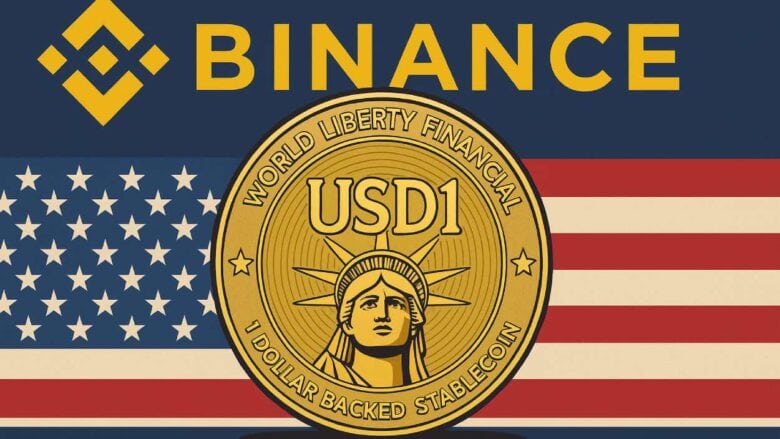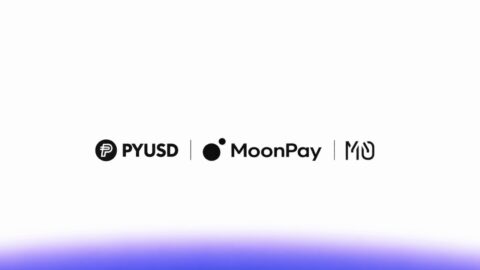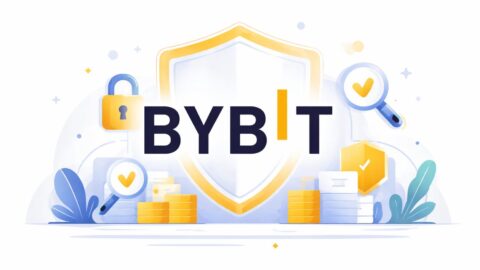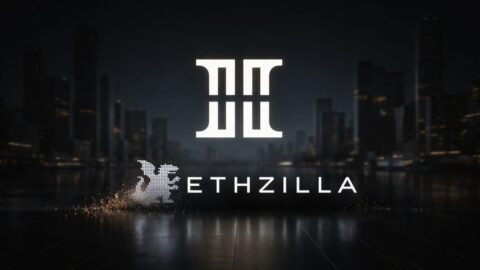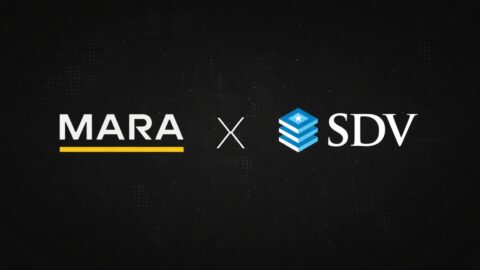World Liberty Financial, the Trump-backed fintech venture, is gearing up to launch a debit card and retail app designed to bridge traditional finance and crypto through familiar, user-friendly tools.
Key Takeaways
- WLFI will launch a debit card connected to its USD1 stablecoin and compatible with Apple Pay.
- A new retail app combining peer-to-peer payments and trading features will debut alongside the card.
- The project signed a major partnership with South Korea’s Bithumb, targeting the region’s $72 billion crypto market.
- Despite price drops, WLFI aims to expand globally without launching its own blockchain, staying chain-agnostic.
What Happened?
Zak Folkman, co-founder of World Liberty Financial (WLFI), revealed at Korea Blockchain Week 2025 that the platform will soon release a debit card linked to USD1 and Apple Pay, along with a retail app that merges features from Venmo and Robinhood. The announcement marks a pivotal step as the company extends its reach beyond the U.S., deepening ties in South Korea through a partnership with Bithumb, the country’s second-largest crypto exchange.
Got @worldlibertyfi’s @zakfolkman to break news on stage at KBW 🤫👇🏼
— Jacquelyn Melinek (@jacqmelinek) September 23, 2025
The project will launch a debit card and retail app “soon.”
They plan to have its stablecoin USD1 linked to Apple Pay and position its app like a “Venmo meets Robinhood.” pic.twitter.com/nPxCO6xn4Z
WLFI’s Push Toward Everyday Crypto Use
World Liberty Financial is taking bold steps to normalize crypto spending and trading through familiar tools. The new debit card will allow users to spend WLFI’s USD1 stablecoin via Apple Pay, effectively mimicking the ease of credit card usage.
The retail app, which Folkman described as a “Venmo meets Robinhood” platform, will combine Web2-style peer-to-peer payment functionality with simple trading tools. Users can send money, make purchases, and trade digital assets within one app, designed to appeal to both crypto newcomers and seasoned users.
WLFI’s approach reflects a larger goal: building long-term financial tools rather than short-lived crypto products. “This isn’t about rolling out another chain,” Folkman said. “It’s about building tools that people will still use years from now.”
Staying Neutral: No Blockchain of Its Own
Unlike many crypto platforms that launch their own blockchains, WLFI has firmly committed to a chain-agnostic strategy. This allows the company to integrate with a variety of networks rather than compete against them. Folkman clarified that WLFI has no intention of rolling out its own chain or exchange. Instead, the focus is on expanding interoperability and usability across existing technologies.
The USD1 stablecoin has already expanded onto multiple blockchain networks, including a recent mint of 100 million tokens on Solana, signaling growing demand and cross-chain utility. Its market cap now exceeds $3 billion, making it one of the fastest-growing stablecoins in the United States.
Bithumb Deal and Korean Market Focus
As part of its global strategy, WLFI has entered a memorandum of understanding with Bithumb, one of South Korea’s leading crypto exchanges. Co-founder Eric Trump met with Bithumb CEO Lee Jae-won to finalize the agreement, which will enable the two companies to explore future business opportunities.
This move places WLFI in a strong position within the $72 billion Korean crypto market. USD1 is already listed on both Bithumb and Upbit, giving the stablecoin broad visibility in one of the world’s most active crypto regions.
WLFI Token Faces Volatility
Despite its promising roadmap, the WLFI token has struggled post-launch. Since its debut on September 1, the token has dropped by 37 percent, with a recent daily dip of over 10 percent. It is currently trading at $0.19, far below its peak of $0.46, wiping out more than $6.3 billion in market value.
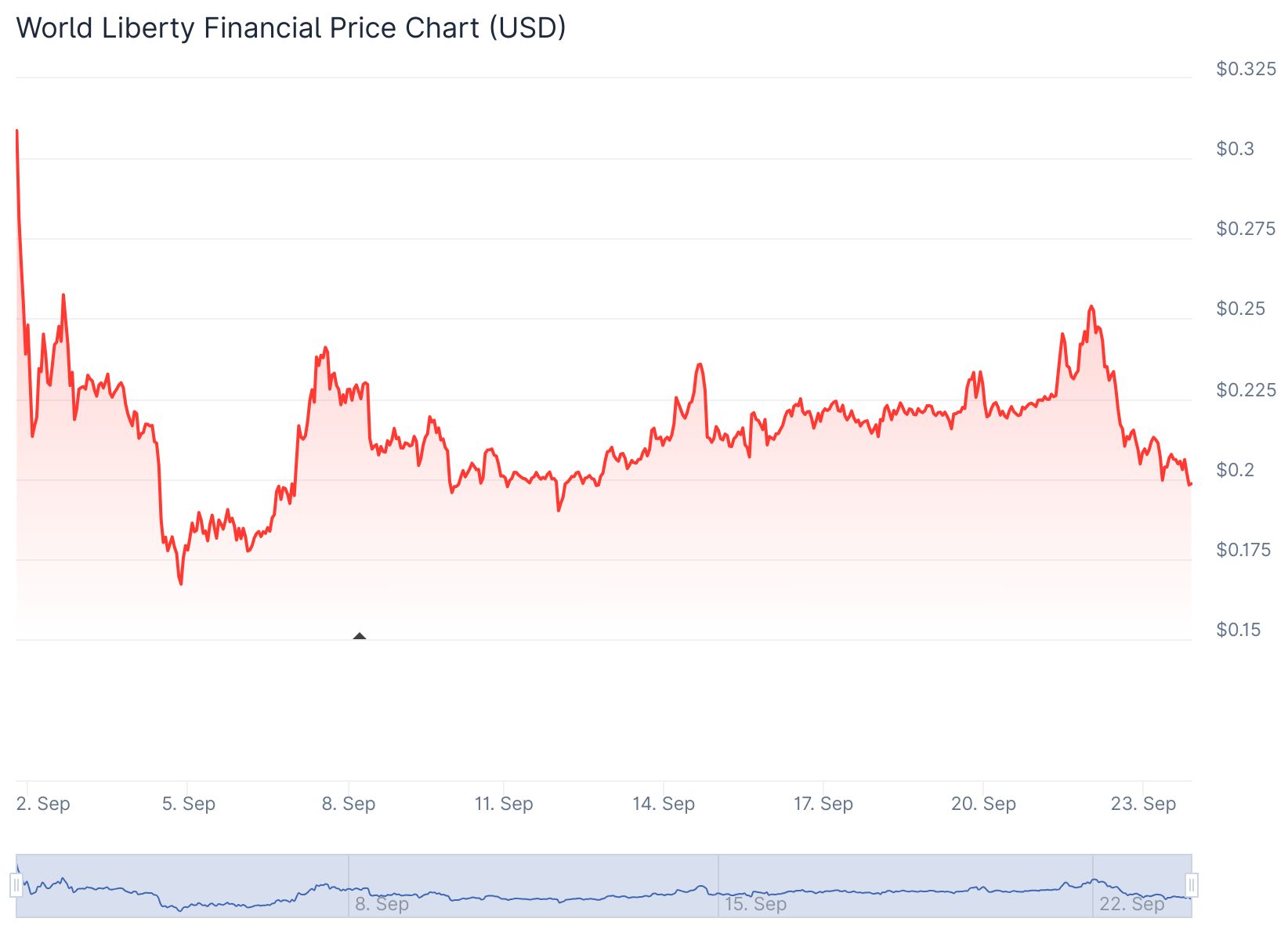
Folkman acknowledged the fluctuations but expressed confidence that the token’s utility and adoption will improve as the new debit card and app gain traction.
CoinLaw’s Takeaway
I think WLFI is trying something smart here. In my experience, crypto projects often stumble by going too technical or too niche. But WLFI is doing the opposite. By focusing on tools people already understand like Apple Pay, Venmo, and Robinhood, they’re making crypto feel accessible. The Bithumb deal shows they’re serious about global growth, and not just hype. Sure, the token price is bumpy, but real utility often outlasts price swings. If they pull off even half of what they’ve planned, WLFI could set the standard for stablecoin usability.

